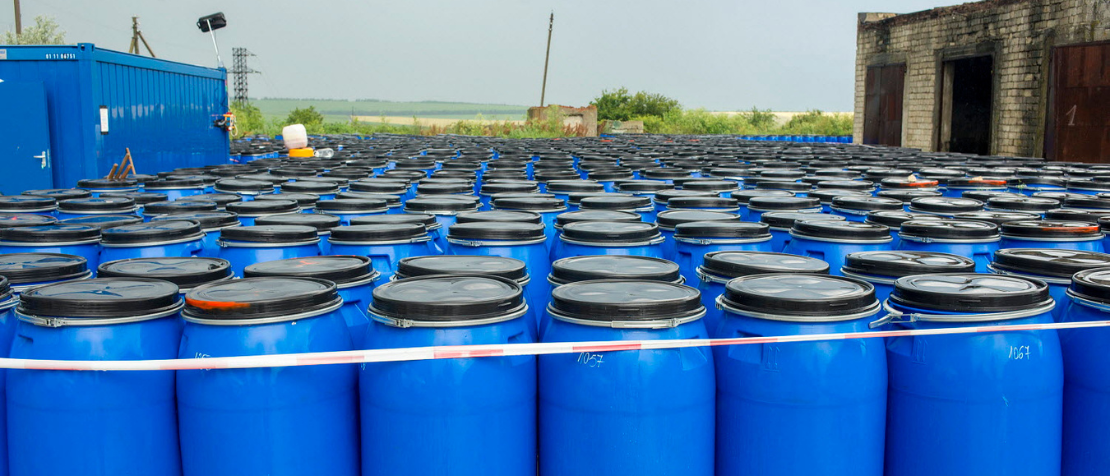Pesticide registration, integrated pest management advancing in Central Asia, Türkiye

©FAO/Dorin Goian
An FAO project taking place in Türkiye and four Central Asian countries has made enormous strides in reducing the use of dangerous pesticides and promoting more natural methods of pest control in the region.
Large volumes of obsolete pesticides remaining from the Soviet period pose serious health and environment hazards in Central Asia. At the same time, the life-cycle management of pesticides in the region needs to be supported to avoid new accumulation of obsolete pesticide stockpiles and to minimize the adverse impacts of pesticides to all agrifood systems.
The five countries involved – Azerbaijan, Kazakhstan, Kyrgyzstan, Tajikistan, and Türkiye – met in Antalya, Türkiye, from 12 to 14 June 2023 for the third Regional Project Steering Committee meeting of the FAO project “Lifecycle Management of Pesticides and Disposal of POPs Pesticides in Central Asian countries and Türkiye.”
The project is managed with joint decision-making and regional cooperation. The meeting provided a forum for participants to learn about examples of best practices in Türkiye.
One workshop held during the meeting covered the pesticide registration system and container tracking system in Türkiye. This was followed by a visit to a pesticide retailer, where the container tracking system was demonstrated.
Another workshop focused on the integrated pest management practices that have been carried out in Türkiye within the scope of the project. This workshop, held in Isparta, explained the efforts Türkiye has made to promote agricultural practices that are less reliant on pesticides.
Participants then visited integrated pest management trials that have been conducted for three years in local apple orchards under the project. They also visited two facilities breeding beneficial insects used for biological pest control and pollination in greenhouses.
It was beneficial to share the Turkish experience related to pesticide registration and the reduction of pesticides, said Yunus Bayram, Deputy General Director of the Directorate General on Food and Control of the Ministry of Agriculture and Forestry of Türkiye. He mentioned the importance of the project for the region and underlined that not only is Antalya a well-known tourist destination, but it also is an outstanding agricultural production hub.
FAO Agriculture Officer Tania Santivanez, the lead technical officer on the project, said that it is important to establish a full-fledged pesticide registration system in project countries.
“The Turkish example is a good case study providing necessary information to the participants as an inspiration for their own national systems,” she said. “FAO is aware of gaps and needs of project countries on this matter and will continue to support countries in creating their national systems.”
Viorel Gutu, FAO Subregional Coordinator for Central Asia and FAO Representative in Türkiye, mentioned that within the scope of the project, enormous progress has been made on a number of issues, including securing dangerous stocks of obsolete pesticides, establishing national inventories, remediating contaminated soil, raising awareness about pesticide risks and promoting integrated pest management. Pesticide registration systems are critical to managing and monitoring pesticide use more analytically, he said, and FAO will continue to provide support to develop them.
10 July 2023, Antalya, Türkiye
FAO-Türkiye Partnership Programme
FAO Regional Initiative: Managing natural resources sustainably and preserving biodiversity in a changing climate
Biopesticides are a safe and effective tool against locusts in Central Asia
Global Environment Facility pledges support for FAO climate change projects in Türkiye
